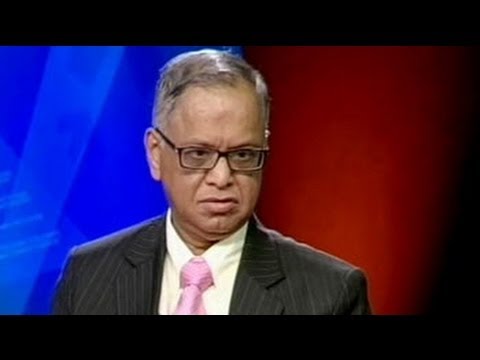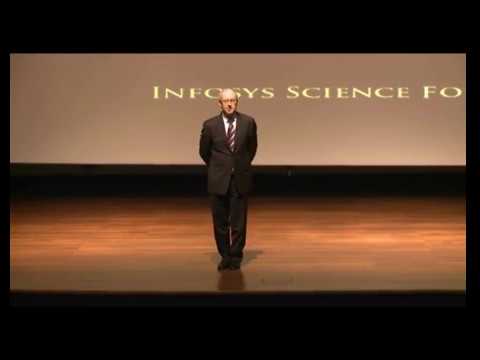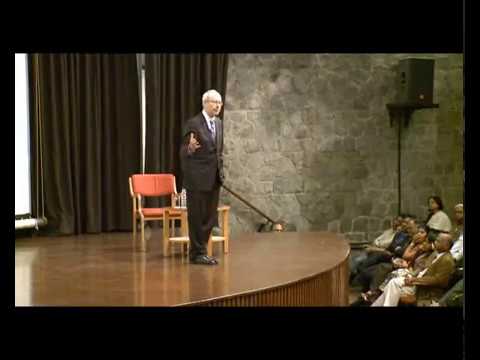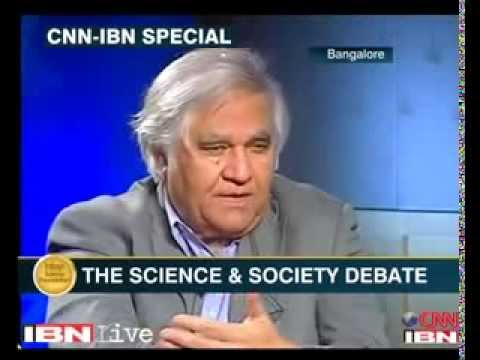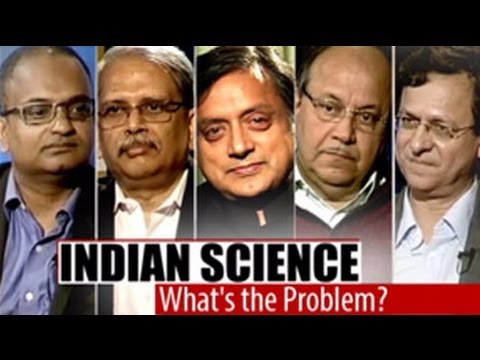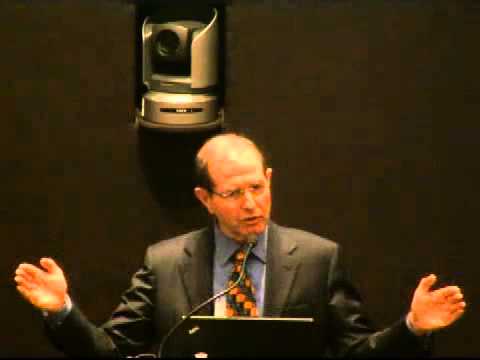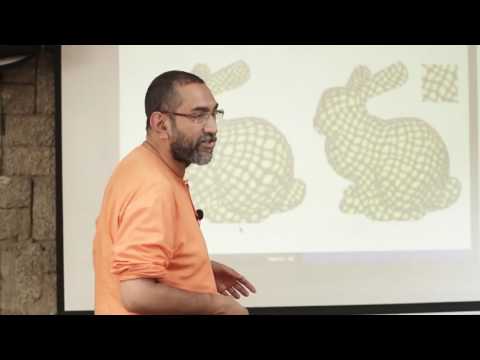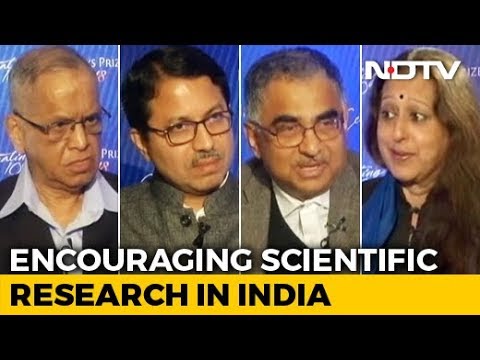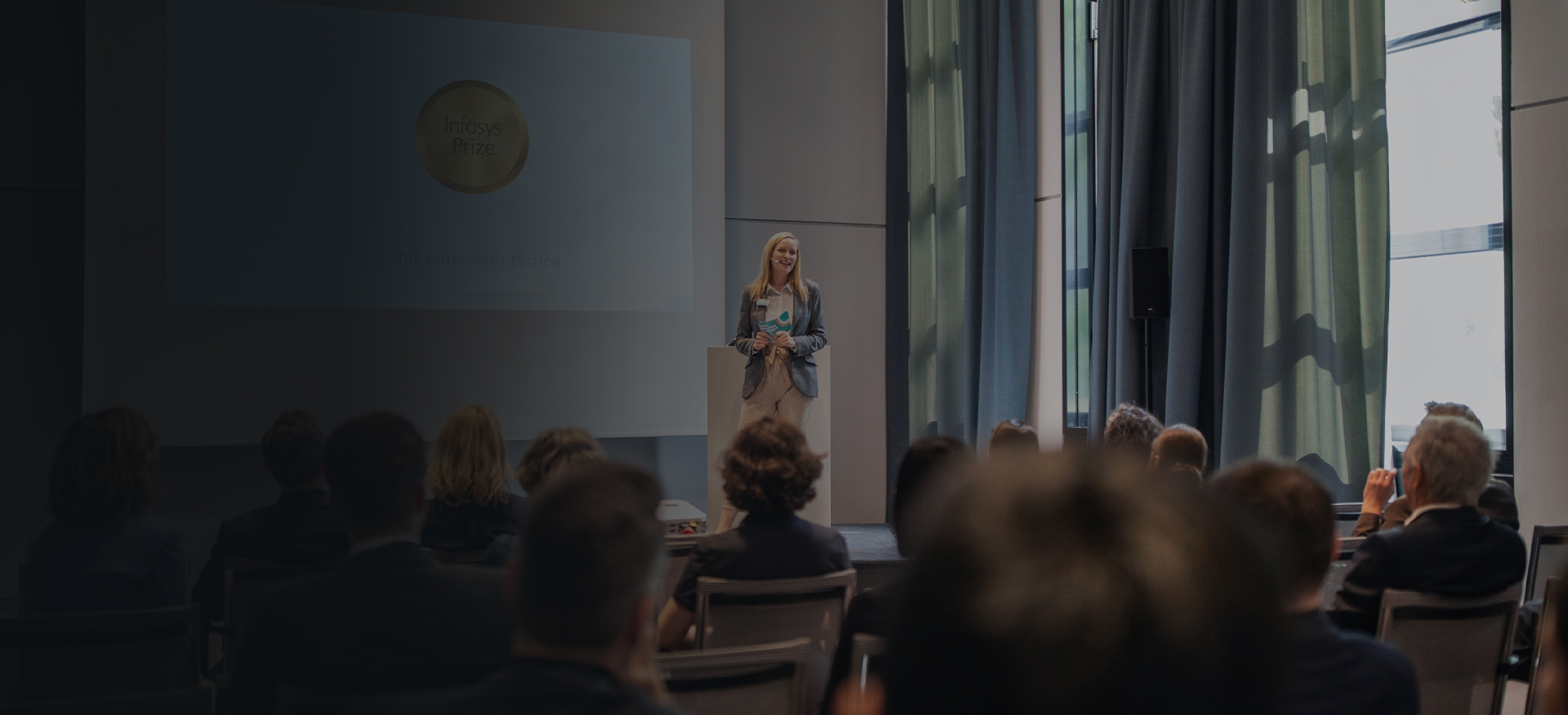
Engaging the Public
Creating spaces for open dialogue engages people in thinking about complex and contentious issues in their communities. We can no longer use the so-called ‘Sagan Effect’ as an excuse and lock away research in the ivory towers of academia. Public outreach and communication is essential to make scientific research and knowledge accessible, and beneficial to all. Evidence suggests that increased engagement between scientists and the public has a positive impact on perceptions of science research.
Over the years, we have organized such engagement through public talks and media discussions and debates about science and society, how to encourage younger generations in India pursue careers in research, and the role that scientists and public intellectuals play in society at large.
The Future of Indian Science
A discussion hosted by Samar H of The Mint in 2011 discussed the future of science in India. The panel included Infosys Prize laureate Prof. K. Vijayaraghavan, Director of IISc Bangalore Prof. P. Balram, Infosys Prize laureate Prof. Kannan Soundarajan, Infosys Prize trustee NR Narayana Murthy, and Swami Manohar of Limberlink Technologies.
The panel discussion covered a wide range of topics about the future of science in India. They discussed the problem with entrance exams, the need for universities to become subversive environments and how the IT industry has impacted science education in the country.
Does India Respect Science?
In 2012, Maya Sharma of NDTV moderated a panel comprising Infosys Science Foundation trustee, Narayana Murthy, Prof. Balaram of IISc, commentator Harsha Bogle, singer and actor Vasundara Das, Ph.D. student Sonia Sen. The panel discusses the need to create icons among scientists in the country.
The Michael Sandel lectures
In 2012, Michael Sandel, whose course at Harvard, Justice, has a cult following, talked about philosophy and the building of good societies in a series of lectures hosted by the Infosys Science Foundation. The three lectures covered contentious issues such as meritocracy and affirmative action, moral justifications for killing, and the limits of the free market.
Reversing The Brain Drain In India
In 2013 NDTV’s Sagarika Ghose moderated a panel discussion that include Infosys Prize laureates Prof. Rahul Pandharipande, jury chair Prof. Inder Verma, trustee Kris Gopalakrishnan, and IISc Bangalore Director, P. Balaram. The panel discussed the issue of ‘brain drain’ and how to entice scientists back to India.
Science in India: What's the problem?
In 2013, NDTV’s Maya Sharma moderated a panel discussion about why a career in science is not an exciting option for Indians and how this could be changed. The panel included Infosys Prize trustee Kris Gopalakrishnan, Infosys Prize laureate Prof. Chetan Chitnis, Director of CSIR Prof. Sameer Kumar Brahmachari, Director of GE India Technology Centre Gopichand Katragadda , and Member of Parliament Shashi Tharoor.
Proof, Secrets, and Computation with Prof. Silvio Micali
In 2015, Prof. Silvio Micali, Ford Professor of Engineering at MIT and Turing Prize laureate, was invited to deliver a public lecture in Bangalore on the theory of computation and how it has revolutionized our millenary notion of a proof, revealing its unexpected applications to the new digital world.
Shapes And Geometry Of Surfaces With Prof. Mahan Mj
In 2016, Infosys Prize laureate Prof. Mahan Mj, Professor of Mathematics at TIFR, Mumbai, delivered a lecture at Lamakaan in Hyderabad on topology and complex geometry. Prof. Mahan spoke in great detail about the geometry of surfaces and methods of classifying these shapes.
Astronomy On The Cusp- A Lecture By Prof. Shrinivas Kulkarni
In 2017, Prof. Shrinivas Ramchandra Kulkarni, eminent astrophysicist and Jury Chair for the Infosys Prize in Physical Sciences spoke at the Infosys’ Bangalore campus. In his lecture Prof. Kulkarni spoke about the field of astronomy and the future interplay between astronomy and technology.
Is Scientific Research In India On The Right Track?
In 2019, NDTV’s Maya Sharma moderated a panel discussion about the right formula when it comes to encouraging cutting edge scientific research in India and why so many of our scientists end up doing their best work abroad. The panel included Infosys Prize trustee Narayan Murthy, Infosys Prize Jury Chair in Physical Sciences Prof. Shrinivas Kulkarni, and Infosys Prize laureate Prof. Navakanta Bhat.
What Is A Constitution?
In 2019, as part of the Limit Infinity initiative, the foundation invited Alok Prasanna, Senior Resident Fellow, Vidhi Centre for Legal Policy, to talk about important aspects of the Preamble, and explain why it embodies the essence of our constitution.




